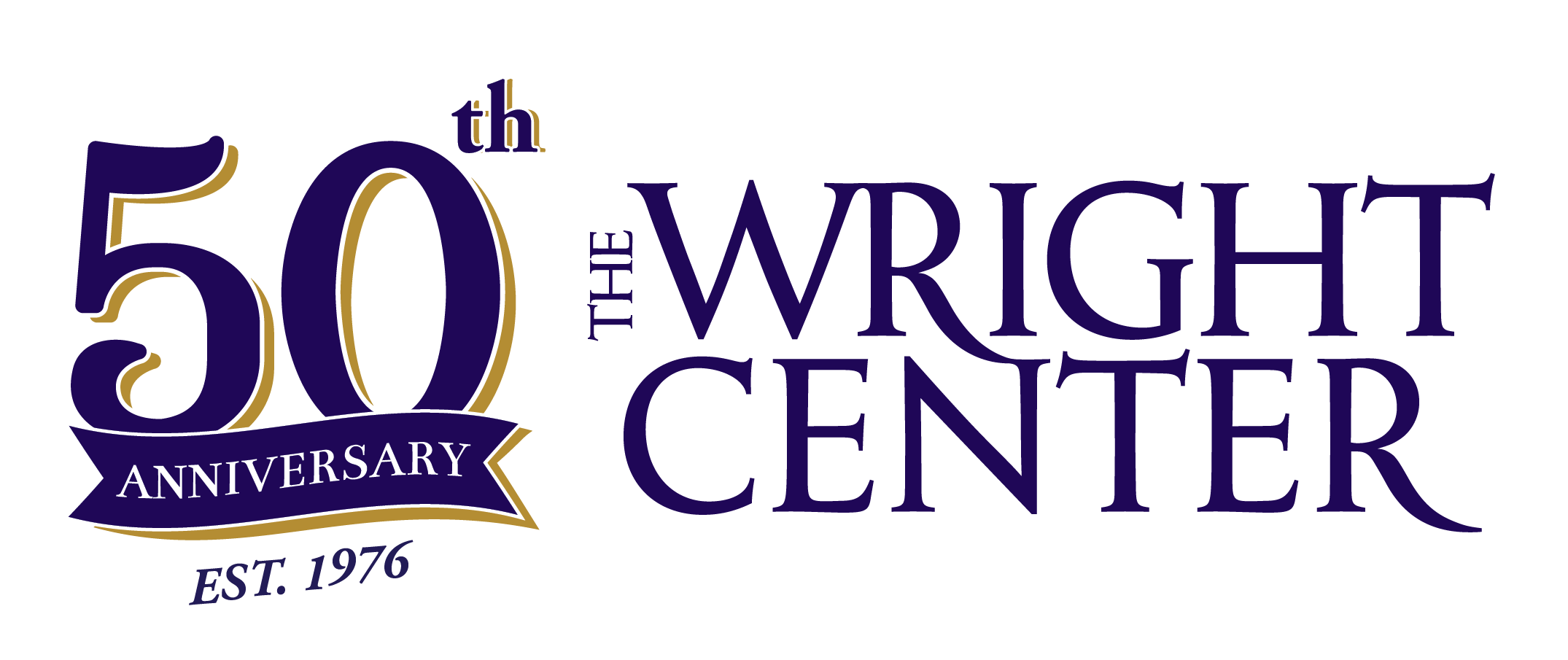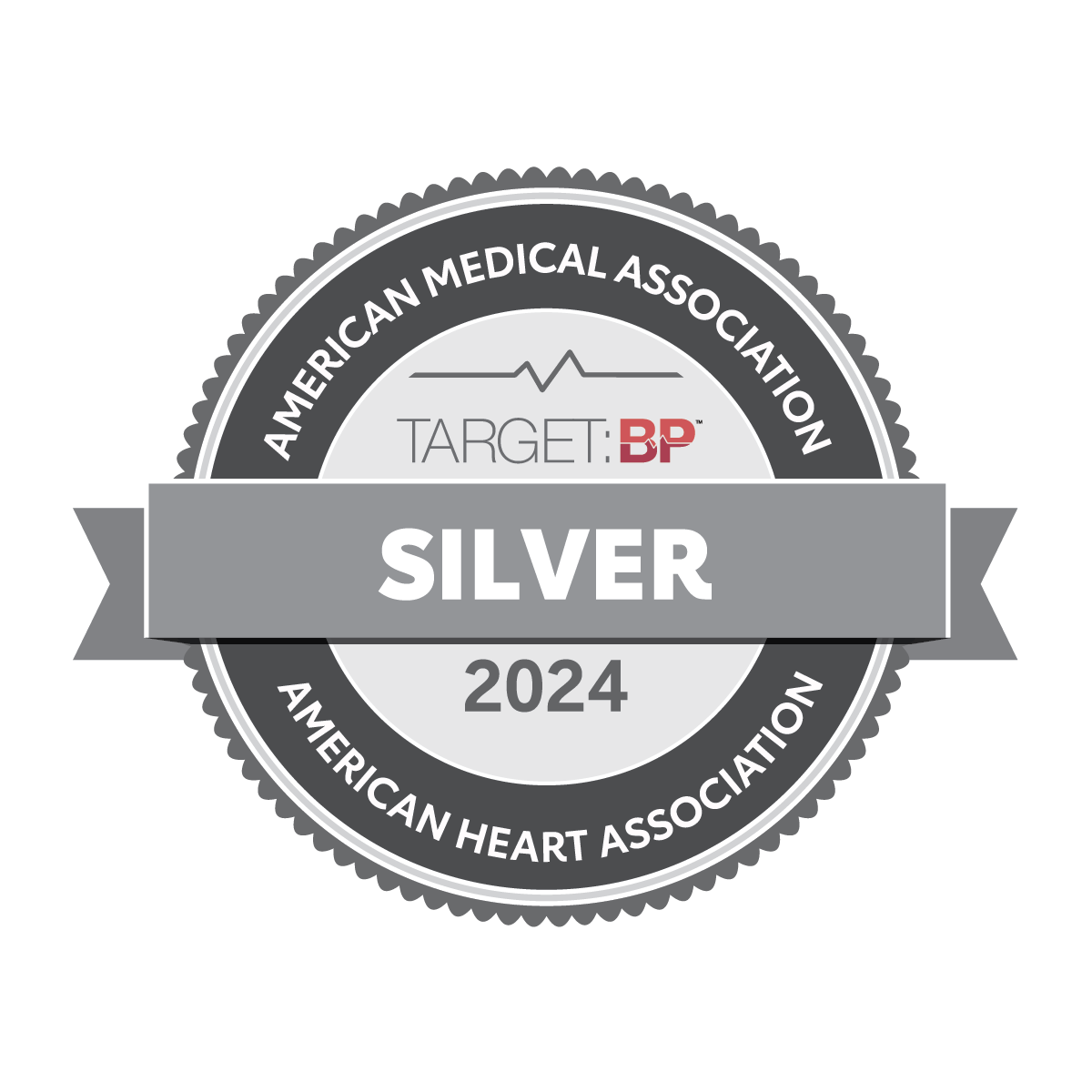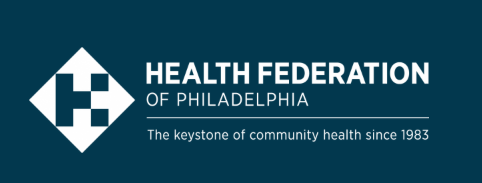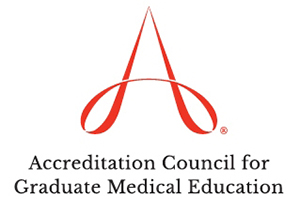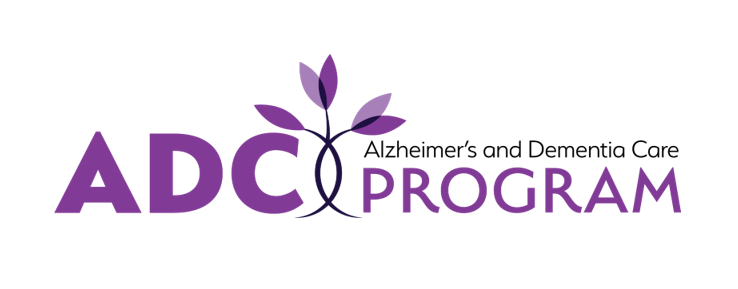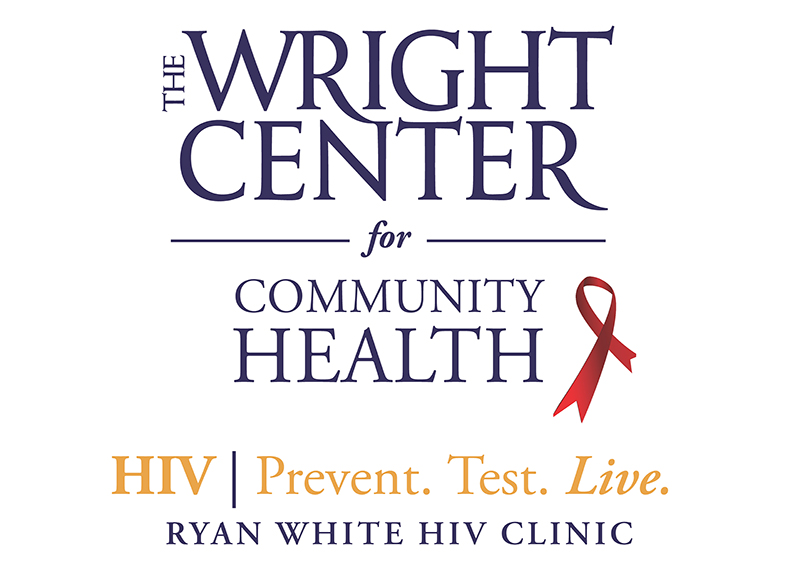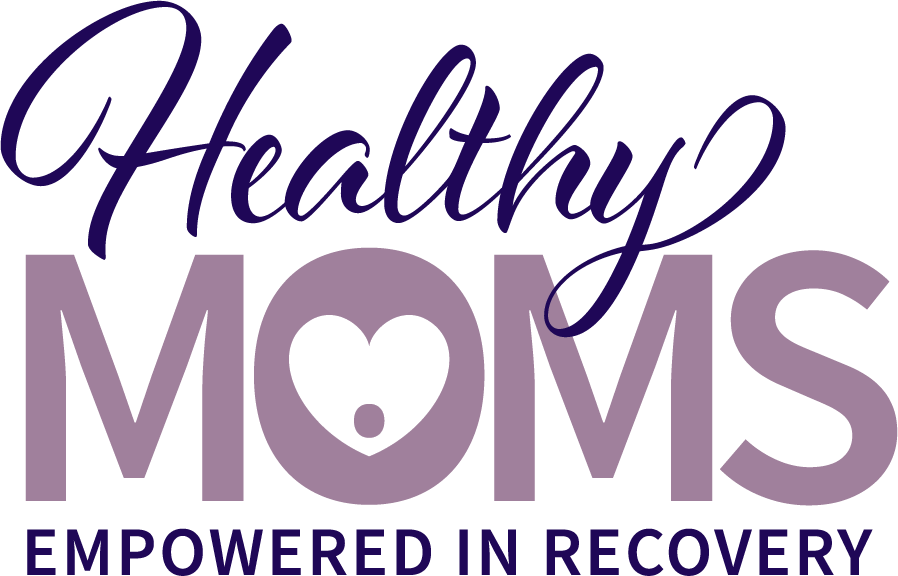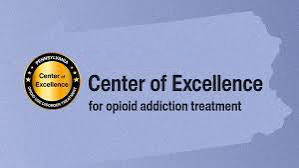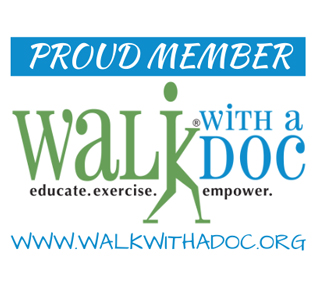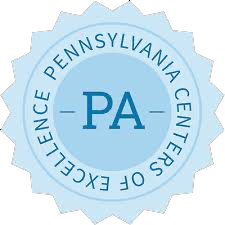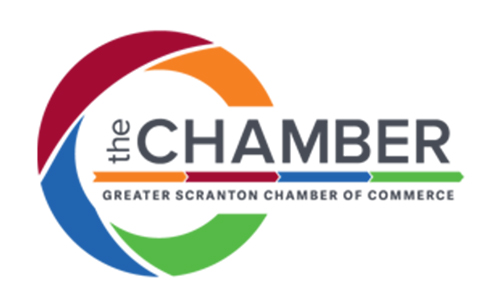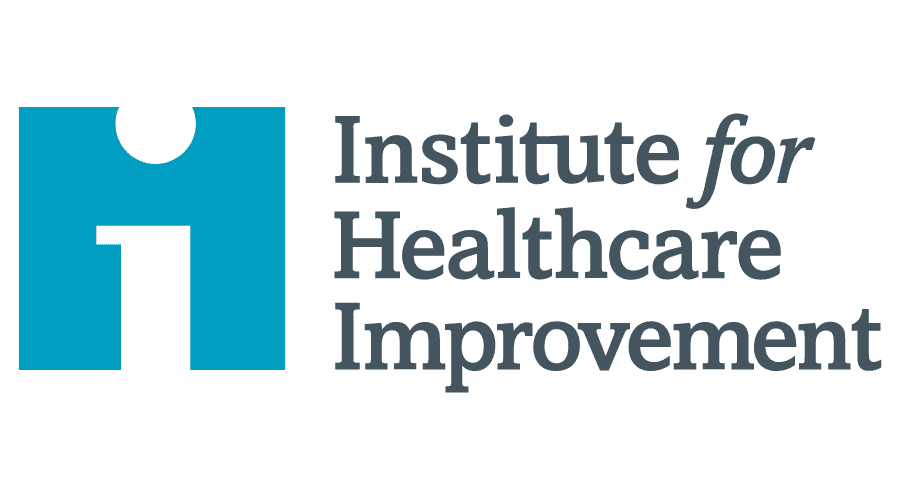One of the earliest Wright Center graduates has career for the ages
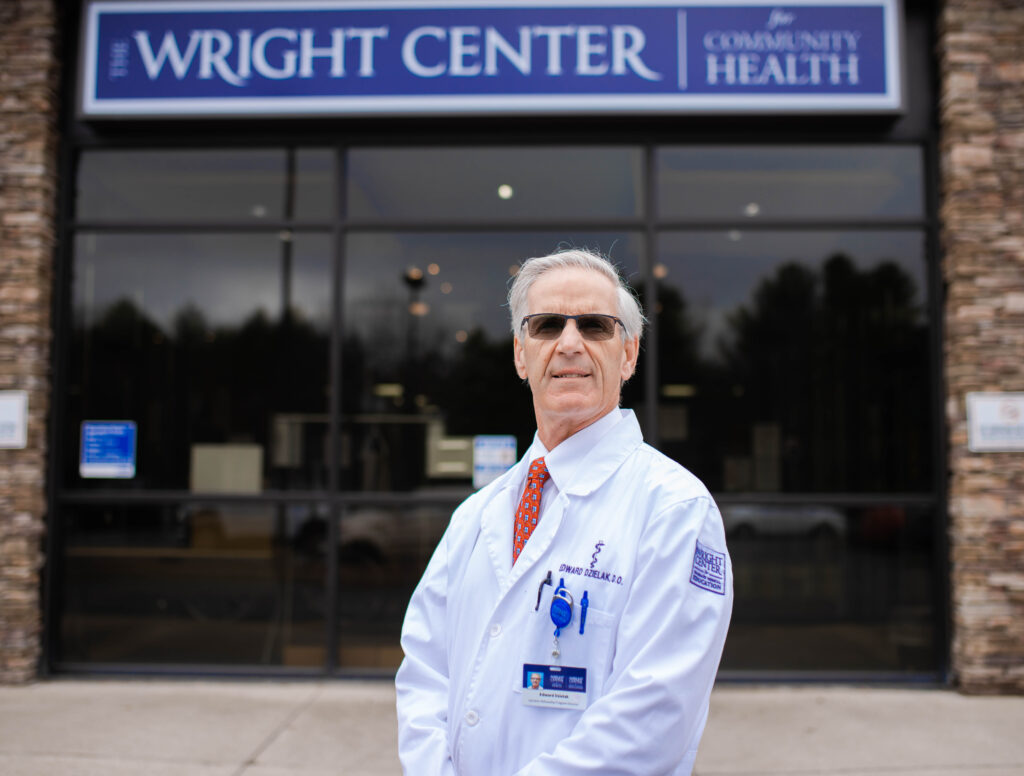
Dr. Dzielak continues decades-long service to the community as founding program director of the Geriatrics Fellowship
In his medical school days, Edward Dzielak ’81, D.O., faced a conundrum as he tried to choose his next career step.
His heart was drawn in a different direction with practically each new clinical rotation. “So, when I was in obstetrics, I thought I could be an obstetrician,” he recalls. “When I was on the surgical rotation, I wanted to be a surgeon.”
Finally, fate intervened. Dr. Dzielak, who was then in his final year at the Philadelphia College of Osteopathic Medicine, knew that soon after earning his degree, he wanted to return to his Northeast Pennsylvania hometown of Carbondale. He learned about a promising Internal Medicine residency program offered by a new nonprofit organization in Lackawanna County that was headquartered only a few miles from his family homestead.
It was called the Scranton-Temple Residency Program (and later renamed The Wright Center for Graduate Medical Education). After a conversation with its leadership, Dr. Dzielak was convinced it was the place for him. He became one of six residents in the program’s second class, which started its training in 1978.
“I had a very good experience. I learned a tremendous amount,” says Dr. Dzielak. “And, basically, I have been part of the residency program ever since.”
The Wright Center and all the learners to pass through its doors over the past four decades have benefited from Dr. Dzielak’s continued presence and professional mentorship. He has contributed to the training of primary care physicians as a preceptor, coordinator, and, most recently, director of a geriatrics fellowship program.
In addition, he has helped an incalculable number of patients in the region as a hospitalist, a private practitioner, and an unwavering advocate for improvements to the health care system. With the support of administrators and colleagues, for example, he repeatedly has explored cutting-edge health care programs from around the United States and replicated them in Greater Scranton’s medical settings, influencing the local delivery of primary care, critical care, and – most especially – geriatric care.
“Ed Dzielak’s passion for medicine and his professionalism are matched by his awesome humanity, which I’ve had the privilege of witnessing for over two decades through his patient-centered approach to caring for patients and families and his faithful engagement in and support for The Wright Center’s educational initiatives,” says Linda Thomas-Hemak, M.D., FACP, FAAP, president and CEO of The Wright Centers for Community Health and Graduate Medical Education. “His career-long, wholehearted advocacy on behalf of vulnerable older adults fueled the development and launch of our Geriatrics Fellowship and our impactful engagement in the Hartford Foundation and the Institute for Healthcare Improvement’s ‘Building an Age-Friendly Health System Movement.’”
In 2019, she asked Dr. Dzielak to come out of what had been a brief retirement to serve as founding program director of The Wright Center for Graduate Medical Education’s Geriatrics Fellowship. He accepted the role and the challenge of re-sharpening his skills. At age 68, he took the 10-hour exam required for continued board certification in geriatric medicine, scoring in the 90th percentile.
His guidance has allowed The Wright Center’s geriatrics service line, which was publicly launched in conjunction with the fellowship program in July 2020, to grow and show its value to the community quickly.
Dr. Dzielak tapped into his national network of experts, many of them personal acquaintances, to identify and implement the best new ideas in geriatrics. The Wright Center, for example, immediately took steps in its primary care practices to become designated as one of the Institute for Healthcare Improvement’s Age-Friendly Health Systems.
The Wright Center also introduced an Alzheimer’s and Dementia Care program that uses an award-winning model developed at UCLA. At the time, The Wright Center was only the eighth health system in the country to adopt the program formally.
For Dr. Dzielak, who turns 71 this year, staying at the forefront of medicine is an impulse that he has followed from his earliest days in the profession.
“My wife used to tease me that when I got to the house after work, I looked for my New England Journal of Medicine before I would give her a kiss,” he says. “I was obsessed with medicine. And I’ve stayed that way through my whole career.”
A family man
The oldest of three children, Dr. Dzielak was raised under the watchful eyes of mother Theresa (Mancuso) Dzielak, of Italian descent, father Edward Dzielak, of Polish descent, and their many relatives who lived in Lackawanna County’s Mid Valley Region.
His father was self-employed, operating an auto business in which Dr. Dzielak sometimes helped. He spent summers at a family cottage that his father built near the village of Orson in Wayne County. His parents enrolled him in St. Rose High School. He met his high school sweetheart, Mary, in 1970, and they married five years later. The duo would go on to become medical professionals, raise two children (Emily and Tim), and promote the community’s well-being through their health care careers and business ventures.
No one in Dr. Dzielak’s immediate family had a medical background, nor did his parents push him to become a physician. But he attended The University of Scranton, graduating with a bachelor’s degree in pre-medicine. In Philadelphia, Dr. Dzielak and Mary Dzielak, then studying to become a registered nurse, each focused almost solely on doing well in their respective schools.
When he entered his Internal Medicine residency in Scranton, Dr. Dzielak was hungry to learn. His classmates included Charles Deck, M.D., now an internist at The Wright Center for Community Health Scranton Practice, and Michele Hazzouri, M.D., the first woman to participate in the Scranton-Temple Residency Program and a longtime practitioner in Scranton.
The residents saw patients at an outpatient clinic that had been established in what was called “the white house,” a building next to Mercy Hospital, now Commonwealth Health Regional Hospital of Scranton.
Mercy and Moses Taylor hospitals supported the startup residency and provided additional training sites. Physicians from the Scranton area volunteered to serve as faculty. Other expertise was supplied by visiting faculty from Temple University’s School of Medicine and the residents’ own collaborative exchange of knowledge.
‘It might sound simple. But knowing how to speak to older adults respectfully – and learning how to ask the question, ‘What matters most to you about your health today?’ – really is the key to geriatrics.”
Edward Dzielak ’81, D.O.
“As residents, a few of us challenged one another all the time,” says Dr. Dzielak. “It was fun. We really pushed ourselves.”
He graduated in 1981, intending to dive fully into private practice in his hometown a few miles to the north. But he was immediately recruited by the program’s namesake founder Robert Wright, M.D., to join the nonprofit organization for another purpose.
“Dr. Wright asked if I would run the residency program’s activities at Moses Taylor Hospital,” Dr. Dzielak says. He accepted, and his affiliation with the hospital, doing work that he unabashedly loved, would last for the next 36 years.
A teacher, trusted leader
“Most of my time in my early career was spent teaching the residents in their outpatient clinic, and when they were in the hospital, I was one of their preceptors,” says Dr. Dzielak. “I was referred to as the coordinator at Moses Taylor, and they had a coordinator at Mercy Hospital.”
His duties included overseeing the residency’s hospital rotations at Moses Taylor, giving the Intensive Care Unit (ICU) and hospital morning reports, and running the grand rounds program. He also started and ran an evidence-based medicine journal club.
Within a few years, Dr. Dzielak had become triple-board certified in internal medicine, critical care medicine, and geriatrics medicine. He developed a keen interest in sports medicine, too, driven in part by his own participation in area triathlons.
The Wright Center’s resident physicians benefited from Dr. Dzielak’s training and have shown appreciation in prior graduation seasons by selecting him to receive one of the organization’s annual teaching awards. He’s been a five-time recipient of the honor. He also has been selected twice, in 1989 and 2021, as the recipient of the Dr. Charles R. Bost Award, given to a community leader who most demonstrates inspiration, guidance, and support for The Wright Center’s mission.
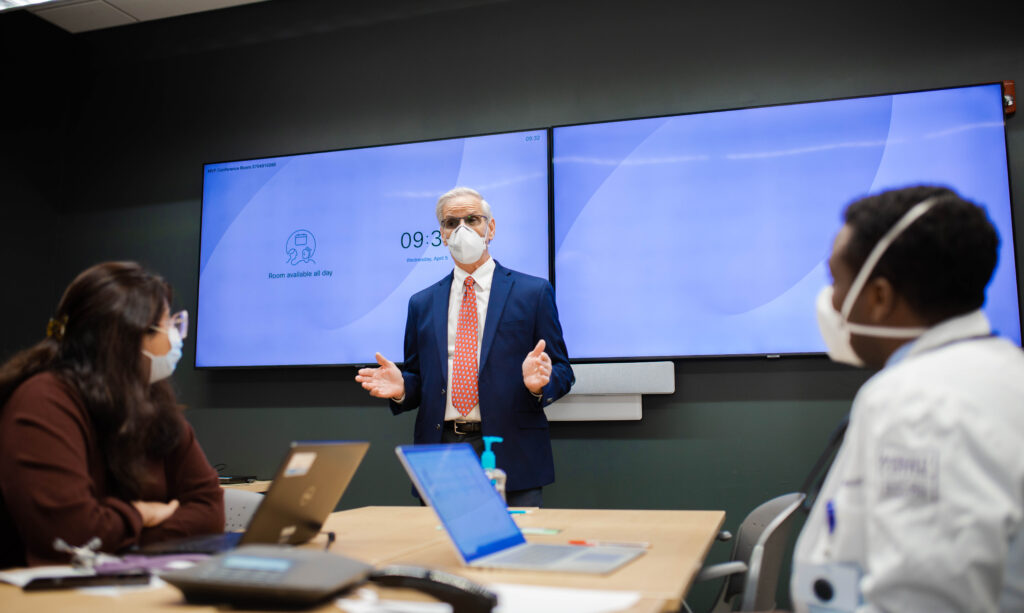
By the time of his retirement from Moses Taylor Hospital in 2017, Dr. Dzielak had amassed a long list of accomplishments: He started the area’s first hospitalist program there and the area’s first medical ethics committee. He had served a lengthy stint as director of its ICU and was still serving until his retirement as the hospital’s director of medicine, a post he had assumed in 1998. At various times, he also had been a director on the boards of The Wright Center and Moses Taylor Hospital.
“Looking back, I wouldn’t change one bit of it,” he says. “The people were great. I had a wonderful time there.”
He is quick to credit all the people who aided him on the journey, reciting the names, for example, of nurse Patty Rusinko, as well as a pharmacist at the hospital, its medical librarian, fellow physicians, and many others. “And a lot of the accomplishments were really enabled by Dr. Wright for trusting me to do the things I did at Moses Taylor and the hospital’s administration and board,” he says.
Dr. Dzielak especially enjoyed attending national conferences of the American College of Physicians, the American Geriatrics Society, and other professional organizations, bringing home the latest medical know-how and high-impact programs.
That led to Moses Taylor Hospital’s long-running Hospital Elder Life Program (HELP). Created by Sharon Inouye, M.D, formerly of Yale University and now a professor at Harvard Medical School, HELP relies on hospital personnel and trained volunteers to identify and assist patients who may be at high risk of developing delirium. “If you prevent delirium, you prevent falls, you prevent complications,” explains Dr. Dzielak, “and the patient has a shorter length of stay.”He also rallied a team at Moses Taylor Hospital to start a program known today as Nurses Improving Care for Healthsystem Elders (NICHE), developed by New York University’s College of Nursing. Its aim is to make sure patients 65 and older receive age-friendly, exemplary care.
A geriatrician
Today, Dr. Dzielak is a core member of The Wright Center’s geriatrics service line care team. He sees patients each Wednesday for consultation appointments, receiving referrals for the most complex cases from doctors at The Wright Center and in the community.
For him, treating older adults isn’t a calling as much as “a privilege.” It’s a natural extension of his career-long immersion in internal medicine and critical care, where most patients are in their 60s and above. “I always enjoyed caring for older adults in my practice,” he says. “There is a mutual respect that develops. I loved my patients.”
In retrospect, geriatrics has been like a thread – perhaps a silver thread – tying together the phases of Dr. Dzielak’s career. His devotion to providing appropriate care for older adults is evident throughout his resume, from his efforts at Moses Taylor Hospital to initiate an Acute Care Elder Unit and a comprehensive geriatric evaluation program, to his time as The Wright Center’s geriatrics subspecialty chief, to his collaborative project with UCLA and the RAND Corp. titled, “Redesigning Office Practice for Geriatric Care.”
And it’s evident now in how he trains The Wright Center’s Geriatrics fellows not only in medical matters but also in the art of communicating with older patients to understand their past better and preserve their dignity.
“It might sound simple,” says Dr. Dzielak. “But knowing how to speak to older adults respectfully – and learning how to ask the question, ‘What matters most to you about your health today?’ – really is the key to geriatrics.”
For information about the Geriatrics Fellowship program at The Wright Center for Graduate Medical Education, visit TheWrightCenter.org.
